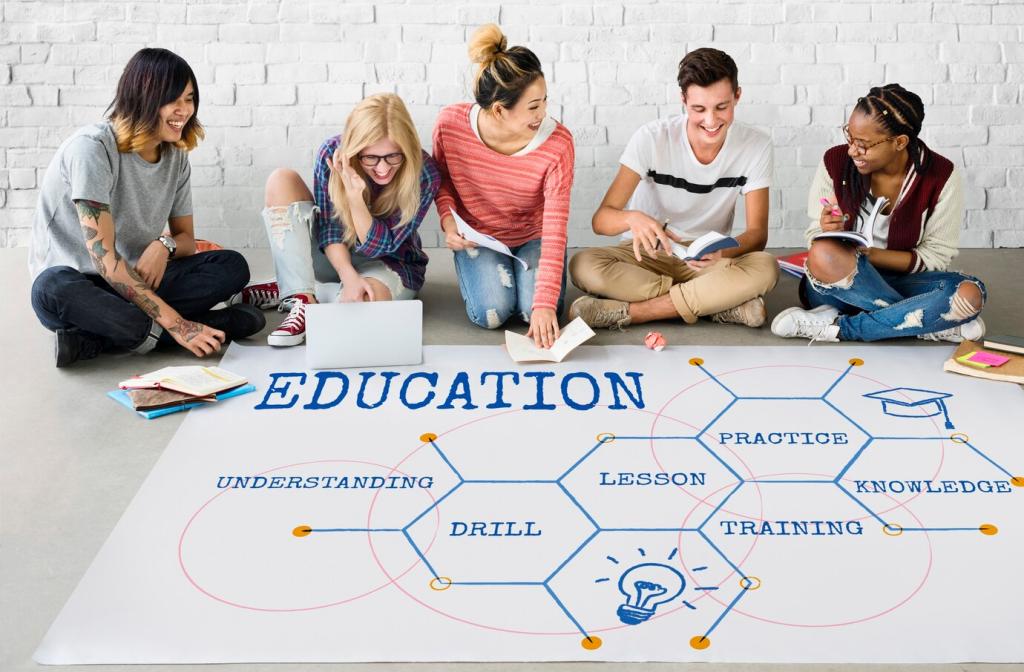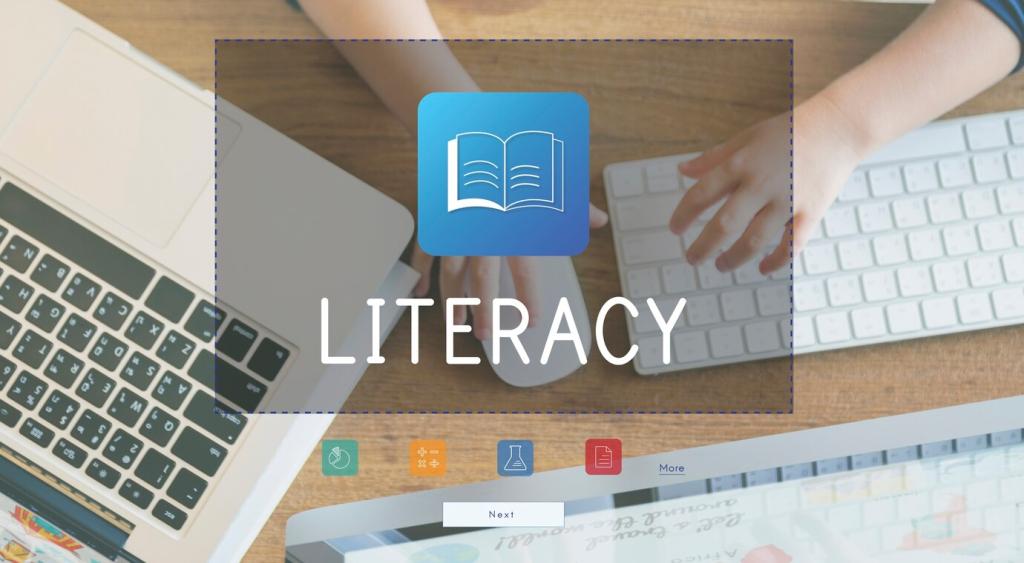Why Encyclopedias Supercharge Understanding
Beginning with an encyclopedia entry frames your topic, defines essential terms, and reveals the scope. That big-picture snapshot reduces confusion, sets realistic research goals, and empowers you to ask sharper, more productive follow up questions.
Why Encyclopedias Supercharge Understanding
Quality encyclopedias are vetted by editors and subject experts, which means you are reading concise, carefully reviewed summaries. This reliability anchors your thinking, minimizing misinformation and guiding you toward reputable sources for deeper exploration and verification.







